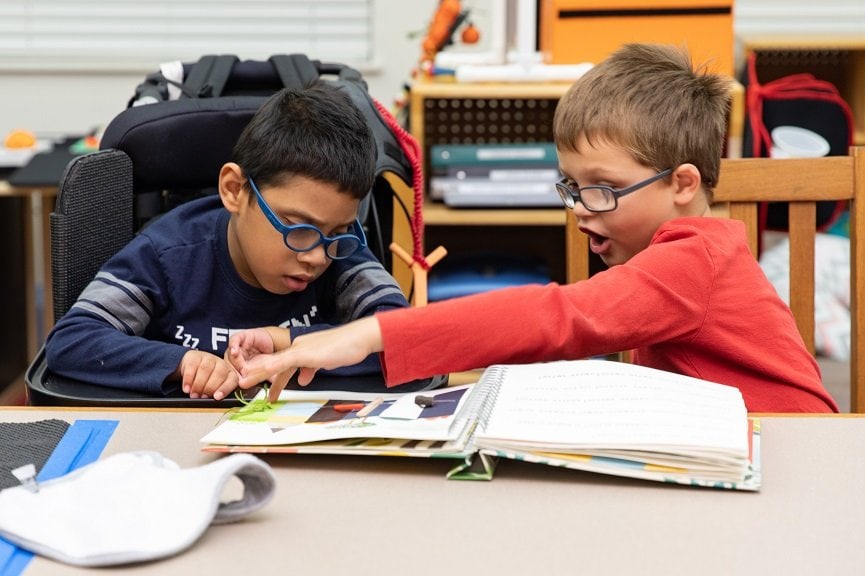
- Need Technical Assistance? 2024cviconference@getvfairs.io

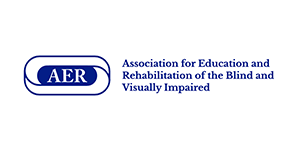
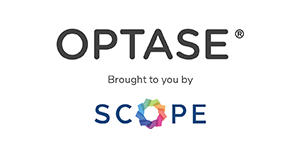
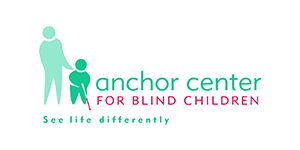
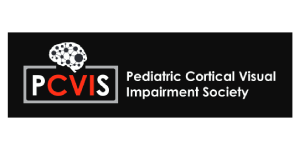
When it comes to Cerebral/Cortical Visual Impairment (CVI)—recognition matters. We’re honored to convene the CVI community to gather and learn from leaders in the field, medical and research experts, educators, people with CVI, and families.
We will explore quality assessment and instructional practices that help build meaningful recognition and access, current research about CVI, and advocacy resources for families and providers boldly driving change.
Together we can change the world for people with CVI.
 June 23, 2024 16:00
June 23, 2024 16:00 June 23, 2024 17:00
June 23, 2024 17:00Dr. Patricia Mussolino - Recognizing CVI and the Importance of Families

Patricia Musolino, MD, PhD
Pediatric Neurologist, Neurologist, Critical Care Neurologist; Co-Director Pediatric Stroke and Cerebrovascular Service; Assistant Professor of Neurology Harvard Medical School; Co-Director of the Neurobiology of Disease Harvard Advance Course, Massachusetts General Hospital
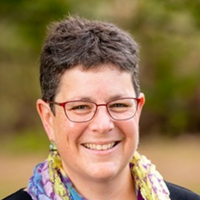
Mara Yale, PhD
Project Lead, Pediatric Stroke and Brain Injury Education Program
 June 23, 2024 17:45
June 23, 2024 17:45Dr. Patricia Mussolino - Recognizing CVI and the Importance of Families
 June 23, 2024 18:30
June 23, 2024 18:30 June 24, 2024 08:00
June 24, 2024 08:00 June 24, 2024 08:45
June 24, 2024 08:45Research continues to show how CVI is a big deal. Get a brief review of the new US prevalence data from the CVI Center at Perkins and Mckinsey and Company, along with other key research updates. Hear some thoughts on what building meaningful recognition means in our CVI community and a welcome for a rich day of learning.
 June 24, 2024 09:30
June 24, 2024 09:30
John Ravenscroft, PhD
Chair of Childhood Visual Impairment, The University of Edinburgh
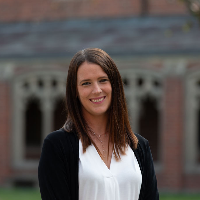
Marguerite Tibaudo, M.Ed., TVI
Education Director of the Deafblind Program
 June 24, 2024 10:30
June 24, 2024 10:30 June 24, 2024 11:00
June 24, 2024 11:00 June 24, 2024 11:00
June 24, 2024 11:00An introduction to CVI Ally, a book and educational tool currently in development that explores a deeper understanding of the ways CVI can impact the various school domains and subject areas. The book revolves around a CVI Academic Access Inventory, which details CVI’s potential impact on all the major domains of the school day. This session will share an inclusive and current understanding of CVI, the multi-sensory design tools available for access, and examples from the literacy academic inventory. CVI Ally will be a guide for students, their families, and their educational teams as they strive together to create an accessible, fair, and appropriate educational experience centered around the student.
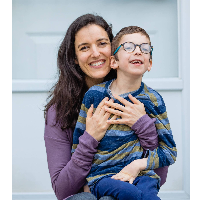
Rachel Bennett
Director of CVI Now, Parent Advocacy and Support at the CVI Center at Perkins
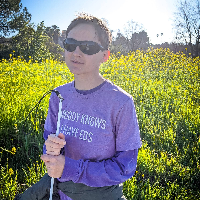
Nai
Assistive Technology Trainer, Braille Instructor, American Sign Language (ASL) Interpreter, DeafBlind Specialist

Matt Tietjen, M.Ed., CTVI
Certified Teacher of the Visually Impaired and State Education Consultant
 June 24, 2024 11:00
June 24, 2024 11:00Through several trials with educators around the world, The CVI Center has been developing and iterating upon The Perkins CVI Protocol, an educational CVI assessment tool based on the 16 visual behaviors and compensatory skills that can impact an individual with CVI. This presentation will provide insight into how user feedback from these trials has been incorporated to improve the tool and holistic CVI assessment process. CVI Center team members will share an overview of the updated flow and components of The Perkins CVI Protocol, as well as current plans for launching the tool.

Ilse Willems
Senior Director at the CVI Center at Perkins

Kaitlyn Dushay
 June 24, 2024 11:00
June 24, 2024 11:00Many of the risk factors for CVI and central auditory processing disorder (CAPD) are the same so there may be some children who could have CAPD that cannot be formally diagnosed because of age or language acquisition. There are evidence-based auditory strategies that can be used with these children, including reducing auditory clutter, limiting simultaneous multi-sensory input, and speaking to children at a rate that supports auditory comprehension. These strategies, while supporting CAPD, have proven effective for almost all children and youth.

Maurice Belote
Adjunct Faculty Member, California Deafblind Services at San Francisco State, Mount St. Mary’s University Los Angeles and the University of South Dakota University
 June 24, 2024 12:00
June 24, 2024 12:00 June 24, 2024 13:00
June 24, 2024 13:00In this session, Dr McDowell will introduce the Austin Assessment, a screening app for CVI related visual issues. Included in the presentation will be an overview of the research and development that was undertaken to validate the app as an effective screening tool for CVI and how to use the app for vision screening. Dr McDowell will also explore how the Austin Assessment can be used to inform practice when a child has been identified as possibly having CVI related visual issues.
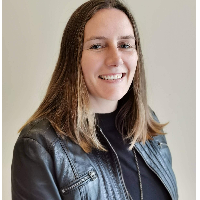
Nicola McDowell, PhD
Senior Lecturer in the Institute of Education, Massey University, New Zealand
 June 24, 2024 13:00
June 24, 2024 13:00Join a panel discussion with CVI parent advocates as they discuss the varied ways they advocate for and support system change. Learn about the experiences advocating in the many systems our kids engage with—policy, state, school district, IEP process, health care, and condition communities. Hear about lessons learned, how the wins happened, what they learned from the roadblocks, and the skills each had to develop to be effective parent advocates.

Rachel Bennett
Director of CVI Now, Parent Advocacy and Support at the CVI Center at Perkins

Kathryne Hart
CVI Parent; Chairperson, Louisiana State Interagency Coordinating Council for Early Intervention; Supply Manager (Chemical Industry)
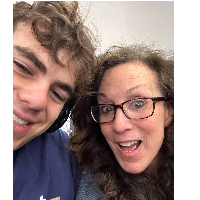
Mara LaViola
CVI Parent; Chief Operations Officer, Texans for Special Education Reform; Board Member, Autism Society of Texas and Texas Parent to Parent

Ali Mahady, M.S.
Manager of CVI Outreach and Engagement at the CVI Center at Perkins
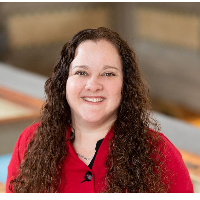
Lacey Smith
CVI Parent Community Manager at CVI Now
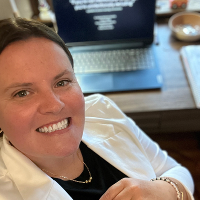
Karalyn McGrorty Derstine, Ed.D.
CVI Mom; Associate Director of Disability, Access and Section 504 Coordinator, Adjunct Assistant Professor of Education and American Studies in Suburban Philadelphia
 June 24, 2024 13:00
June 24, 2024 13:00This session will discuss dual media literacy instruction for student with CVI. Topics will include all aspects of literacy and reading instruction, compensatory skills and universal design of learning.

Tammy Reisman
Coordinator, for the Vision Studies Program at UMass Boston; Teacher of the Visually Impaired
 June 24, 2024 13:00
June 24, 2024 13:00 June 24, 2024 14:00
June 24, 2024 14:00CVI Center exhibit table on Mezzanine Floor (next to registration table)
 June 24, 2024 14:00
June 24, 2024 14:00 June 24, 2024 14:30
June 24, 2024 14:30Recognition is the ability to discriminate and identify items, places/landmarks, persons or events. Because recognition develops through the use of all senses and is linked to your experiential memory, we must deeply understand how the student is recognizing through their vision, their hearing, their sense of touch, their sense of smell, their sense of taste, and through their kinesthetic sense. To compensate for their reduced visual recognition, students with CVI also cleverly and heavily rely on color coding, memory, context, motion and prediction in order to recognize the world around them. All of these must be the fundamental components of any assessment of recognition in order to truly create learning access.

Ellen Mazel, M.Ed., CTVI
 June 24, 2024 14:30
June 24, 2024 14:30This breakout session follows one child's development from four to ten years of age, through lenses of related service providers collaborating to provide comprehensive care informed by this child's unique presentation of CVI. It examines her progress in communication, motor skills, navigation, independent living, feeding, and orientation to her environment, and the essential step of considering the entire child--especially her CVI profile.
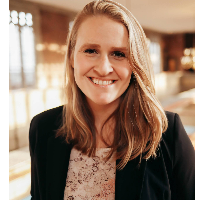
Sylvia Mangan, SLP
CVI Coordinator at the CVI Center at Perkins

Molly Bennett
Pediatric Occupational Therapist, Perkins School for the Blind
 June 24, 2024 14:30
June 24, 2024 14:30Join a panel discussion with adults with CVI as they speak about agency and empowerment, their lived experiences, the strategies and skills that support their access, how to approach understanding CVI and how it manifests, and ideas for moving the field forward.

Rachel Bennett
Director of CVI Now, Parent Advocacy and Support at the CVI Center at Perkins

Nai
Assistive Technology Trainer, Braille Instructor, American Sign Language (ASL) Interpreter, DeafBlind Specialist

Nicola McDowell, PhD
Senior Lecturer in the Institute of Education, Massey University, New Zealand
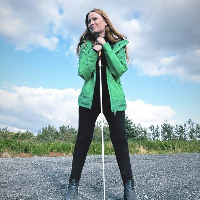
Dagbjört Andrésdóttir
Adult with CVI; Blogger; Classical Singer
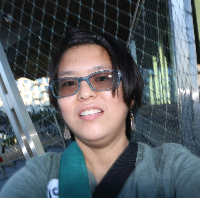
Tina Zhu Xi Caruso
Photographer
 June 24, 2024 14:30
June 24, 2024 14:30 June 24, 2024 15:30
June 24, 2024 15:30Presentations:
§ The Missing Link: Early Intervention Services for Babies Born with Congenital CMV
· Brenda Allair and Tracy Evans Luiselli
§ CVI Training For Effective Teaching of Students with Visual Impairments
· Dawn Anderson
§ Cerebral/Cortical Visual Impairment in Down Syndrome, a Case Report
· Betsy Boatwright
§ Understanding Visual Maturation through Early Vision Screening in Very Preterm Infants
· Karen Harpster
§ CVI and O&M
· Valery Kircher
§ CVI and Sensory Processing from an OT Lens
· Nikoletta Livingston
§ A qualitative study exploring the perspectives of parents of children with CVI
· Haley Oliver
§ Educational Platform for Students with CVI and Complex Needs
· Adele Smolansky
§ Clinical practice guidelines for screening, assessment, diagnosis, and classification of CVI
· Corinna Bauer
 June 24, 2024 16:30
June 24, 2024 16:30Presentations:
 June 24, 2024 17:00
June 24, 2024 17:00 June 24, 2024 17:00
June 24, 2024 17:00 June 25, 2024 08:00
June 25, 2024 08:00Breakfast for Parents: Real talk with Amanda Griffith-Atkins
Location TBD
 June 25, 2024 08:00
June 25, 2024 08:00Optional breakfast discussion for parents and individuals with CVI.
Food will be near the registration table on the Mezzanine Floor and you are welcome to bring it down to the 6th floor to eat during this event.
We invite CVI families and individuals with CVI to a special breakfast to gather, share, and talk about the hard stuff. The conversion will be facilitated by Amanda Griffith-Atkins, family therapist and disability parent.

Amanda Griffith-Atkins, MS, LMFT
Licensed Marriage and Family Therapist and Founder of Amanda Atkins Counseling Group
 June 25, 2024 08:45
June 25, 2024 08:45This session will discuss the value of eye tracking in helping to understand visual processing, inform diagnosis, and monitor habilitative training in CVI.

Melinda Chang, M.D.
Pediatric Neuro-Ophthalmologist, Children's Hospital Los Angeles; Assistant Professor of Clinical Ophthalmology, University of Southern California

Lotfi Merabet, OD, PhD, MPH
Associate Professor of Ophthalmology, Harvard Medical School; Director, The Laboratory for Visual Neuroplasticity. Massachusetts Eye and Ear, and Schepens Eye Research Institute; Staff Optometrist, Vision Rehabilitation Service. Massachusetts Eye and Ear, and Spaulding Rehabilitation Hospital

Glen Prusky, PhD
Professor of Physiology and Biophysics, Burke Neurological Institute Weill Cornell Medicine; Director, Center for Vision Repair Burke Neurological Institute; Director, Vision Research Blythedale Children’s Hospital

Jeremy Wolfe, PhD
Professor of Ophthalmology and Professor of Radiology at Harvard Medical School; Director of the Visual Attention Lab at Brigham and Women's Hospital in the Department of Surgery
 June 25, 2024 10:45
June 25, 2024 10:45 June 25, 2024 11:15
June 25, 2024 11:15 June 25, 2024 10:45
June 25, 2024 10:45Leave your "good vibes only" at the door as we face the difficult emotional aspects of parenting a child with CVI. In this session, we'll shine a light on the guilt, anger, jealousy, and grief that often comes with disability parenting. The best part - you'll be surrounded by parents who "get it" and find support and encouragement along.
 June 25, 2024 12:15
June 25, 2024 12:15 June 25, 2024 13:15
June 25, 2024 13:15In November 2023, a trans-NIH CVI Workshop: Roadmap to Consensus and Building Awareness kicked off research coordination among the National Eye Institute, the National Institute of Neurological Disorders and Stroke, and the Eunice Kennedy Shriver National Institute of Child Health and Human Development. Leveraging expertise across these institutes has led to a consensus working definition of CVI and in the near future, a CVI participant registry to propel clinical research.

Shefa Gordon, PhD
Associate Director for Science Policy and Legislation, Office of Program Planning and Analysis, National Eye Institute, National Institutes of Health

Kristina Hardy, PhD
Program Director, Division of Clinical Research, National Institute of Neurological Disorders and Stroke, National Institutes of Health

Erika Nelson
Program Manager, Office of Data Science and Health Informatics, National Eye Institute, National Institutes of Health
 June 25, 2024 14:00
June 25, 2024 14:00My talk will recap the highlights of clinician, Richard Legge’s 33 year journey of exploring the field of CVI. A proposal for a new diagnosis paradigm will be proposed that involves primary care providers.

Richard H. Legge, M.D.
Neuro-ophthalmologist and Assistant Professor in the Department of Ophthalmology and Visual Sciences, Truhlsen Eye Institute